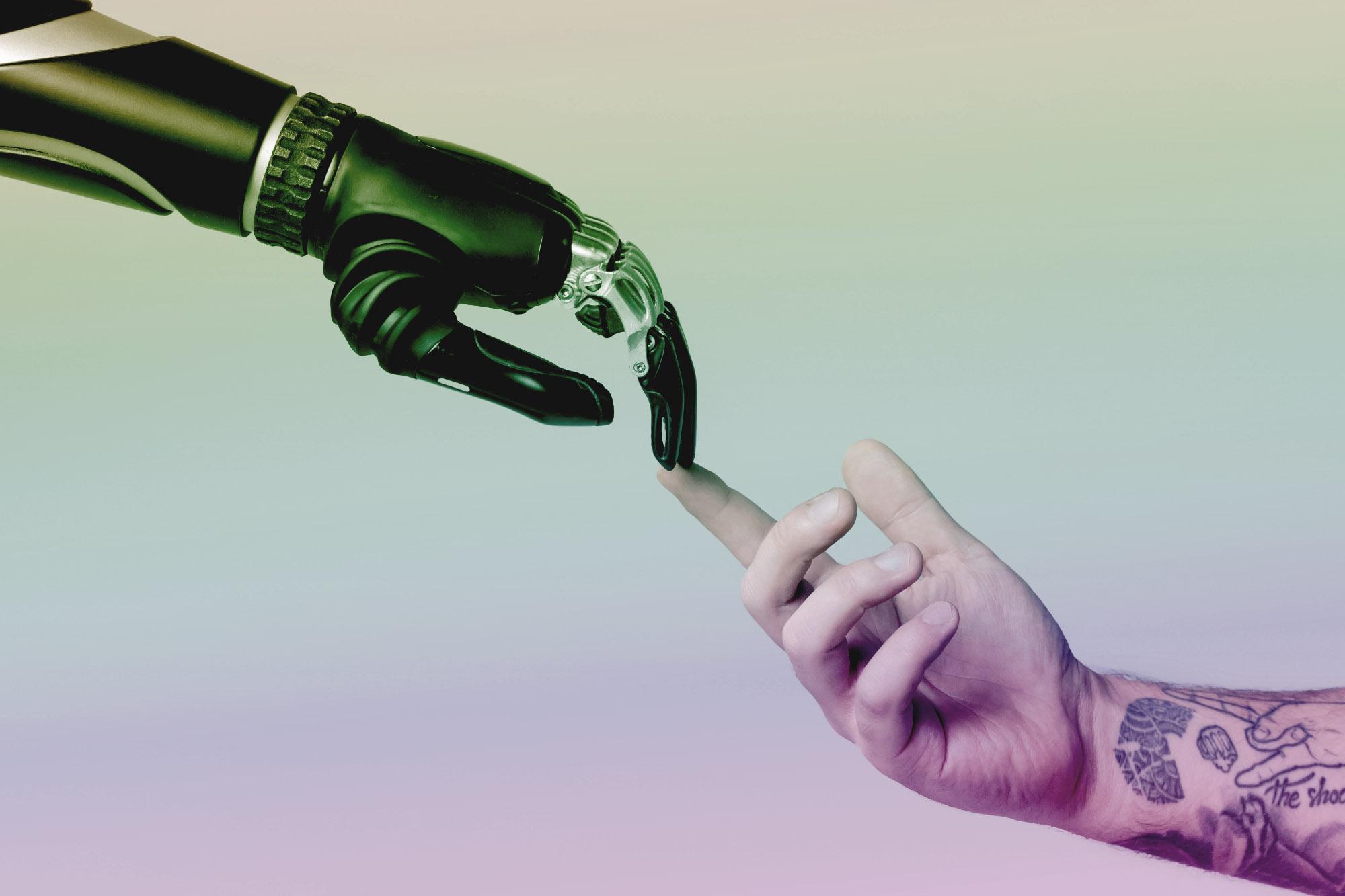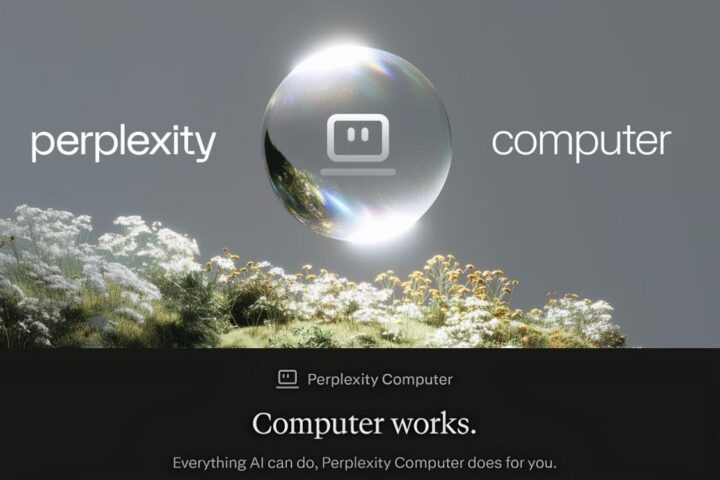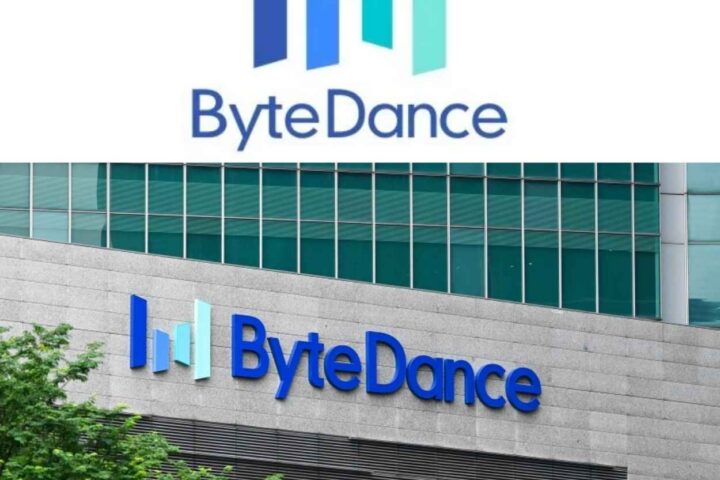Since the advent of a computer, people have been trying to endow computing machines with intellect, decision-making ability, and self-learning potential for decades. The brainchild of these efforts was artificial intelligence (AI). This technology entered the technology arena only recently but has already managed to disrupt numerous human activity domains.
One of the AI branches with enormous business potential is cognitive computing – an area of computing specializing in the creation of machines that learn and think specifically as human beings. Self-learning algorithms of cognitive computing systems enable their training based on the presented datasets, followed by unsupervised learning with real-time data. Thus, cognitive computing offers invaluable benefits to all kinds of businesses by performing the functions traditionally allocated to humans at a much higher speed.
The benefits of cognitive computing use in business are numerous:
- Quicker and more precise analysis of big data;
- In-depth data analytics informing accurate decision-making;
- Better customer service with human-like chatbots;
- Quick learning from data for the production of accurate recommendations.
With all these advantages in mind, you might be thinking of how to apply cognitive computing in your business. Here are a couple of informative use cases that may inspire you to take this next step in business innovation.
#1 Insurance: IBM Watson
Underwriting is every insurer’s worst nightmare. To avoid it, insurers involve a set of in-depth analytical methods allowing careful inaccuracy identification, claim cost reduction, etc. The predictive potential of decision-making systems in insurance is critical, so cognitive computing is now increasingly used in the insurance industry for an accurate claim amount estimation. Based on that information, insurers can calculate the financial arrangements and insurance premium optimally so that not to create an additional burden on the client and at the same time to save the company from underwriting risk.
One of the illustrative examples of cognitive computing application in insurance is the use of IBM Watson, a universal product enabling customer self-service, call center assistance, underwriting and claims analysis tools, and advanced regulatory policy compliance management.
#2 Healthcare: Welltok
The challenges people experience with healthcare and access to medical and wellness knowledge are the abundance and contrariety of available information. Laypersons with basic medical knowledge (or no knowledge at all) can’t discern relevant data or identify their condition adequately, thus risking to apply erroneous self-treatment or miss a critical diagnosis of early symptoms.
Welltok was explicitly designed to address the issue of public access to healthcare information. This cognitive computing-based system becomes a vital intermediary between healthcare providers and insurers and their clients. The algorithm has been trained for years to learn to identify the correct medical information and provide it to customers based on their inquiries and provided input data. Thus, Welltok saves the human staff’s time by presenting all the required information to clients on request in a user-friendly chatbot form.
#3 Trading and Finance: Vantagepoint AI
Investments are a specialized niche in which not all people can find their way. Predicting the movement of stock prices is an extremely challenging task, which some attribute to years of financial training, while others consider guesswork. No matter whose position you take, with Vantagepoint AI, stock trading becomes much easier and much more lucrative. The cognitive computing algorithm used by Vantagepoint AI was trained on masses of historical stock price data, thus giving precise price predictions, accurate signals about the optimal time for selling and buying stocks, as well as insightful market trend analytics.
#4 Customer Support: RTInsights
The use of chatbots is nothing new in the modern business. Yet, cognitive computing to improve customer experiences with the customer support sector of any company is a new, developing niche. Unlike usual chatbots providing data to clients based on their inquiries, cognitive computing-based systems go far beyond the traditional question-answer algorithm. For example, RTInsights’ cognitive computing products use natural language processing, thus comprehending human language and giving human-like voice responses. These solutions can process masses of data in milliseconds, quickly providing real help to the clients.
Is Cognitive Computing the Future of Any Business?
With these use cases in mind, you can probably assess the magnitude and depth of technological change in business operations. Though cognitive computing systems are not designed to replace human employees, they indeed provide much assistance in data analytics, customer care, and consulting, informing more accurate business decisions and minimizing business risks.
However, those planning to implement cognitive computing in their operations should also keep in mind the downsides of this technology. First, it is still very costly and lengthy in implementation; good computing algorithm training takes years to attain a required level of industry expertise. Second, the security issues are still topical, with client data protection and identity breach threats waiting for more effective solutions. Therefore, using cognitive computing is a forward-looking business decision with some reservations for the technology’s immaturity. It definitely has a bright future we’re all expecting to see.
















